Home>Home Appliances>Cleaning Appliances>What Happens If A Dog Drinks Mop Water
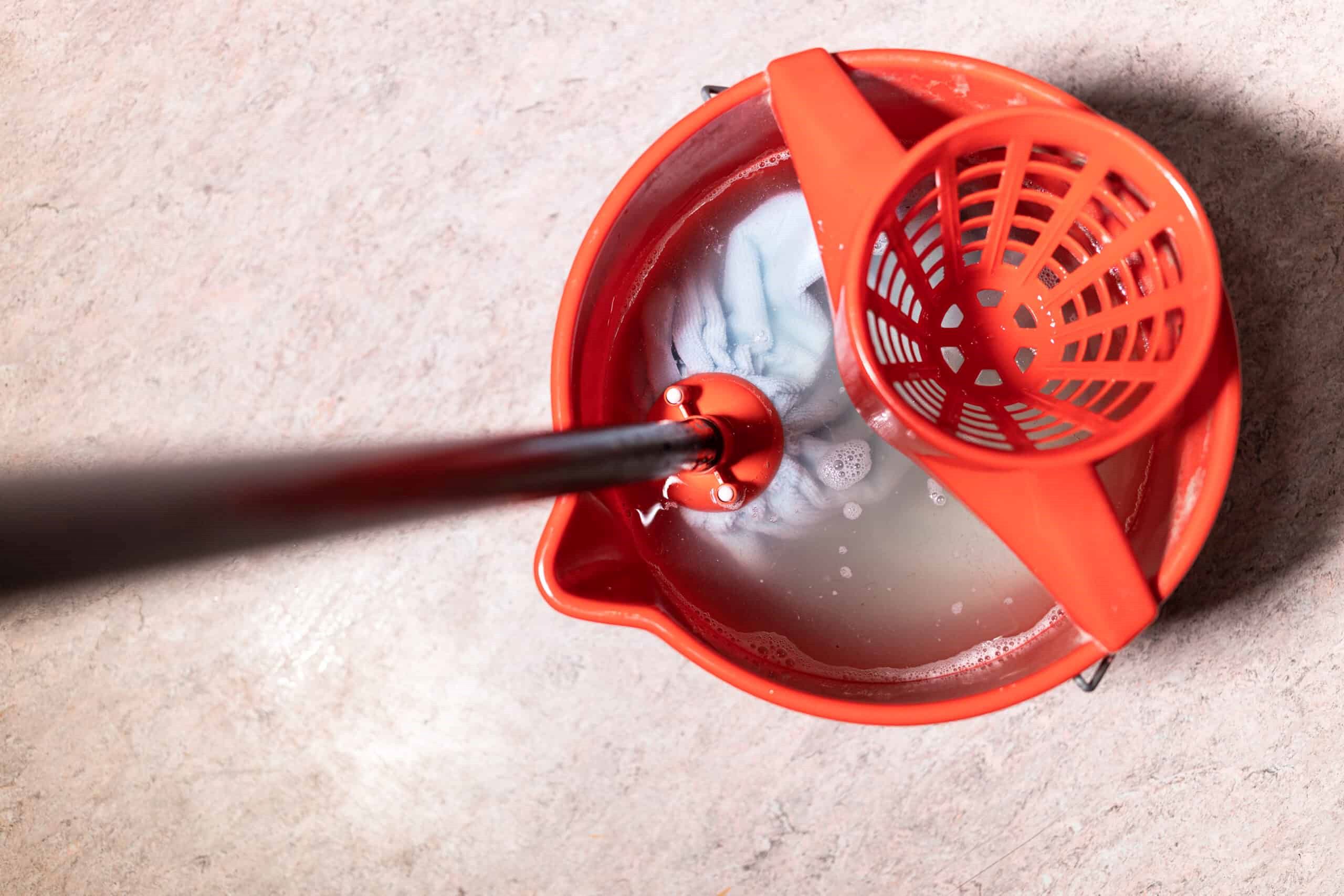

Cleaning Appliances
What Happens If A Dog Drinks Mop Water
Published: December 28, 2023
Discover the potential dangers of dogs drinking mop water and learn how to keep your cleaning appliances safe for pets. Keep your furry friends healthy and happy!
(Many of the links in this article redirect to a specific reviewed product. Your purchase of these products through affiliate links helps to generate commission for Storables.com, at no extra cost. Learn more)
**
Introduction
**
Bringing a dog into your home can be a joyous experience. Dogs are loyal companions and often become cherished members of the family. As a responsible pet owner, it's crucial to create a safe environment for your furry friend. This includes being mindful of potential hazards that may arise during everyday activities, such as cleaning your floors.
Accidents happen, and it's not uncommon for a curious dog to take a sip of mop water while you're in the midst of cleaning. This raises the question: what happens if a dog drinks mop water? It's important to understand the potential risks and take proactive measures to keep your canine companion out of harm's way.
In this article, we'll delve into the composition of mop water, the potential health risks for dogs, common symptoms of ingesting mop water, and steps to take if your dog has consumed it. Additionally, we'll explore preventive measures to minimize the likelihood of accidental ingestion. By equipping yourself with this knowledge, you can ensure the well-being of your beloved pet and maintain a healthy, happy home environment.
**
Key Takeaways:
- Dogs drinking mop water can lead to health risks like vomiting, diarrhea, and skin irritation due to chemicals. It’s crucial to prevent access and seek vet help if ingestion occurs.
- To keep dogs safe, use pet-friendly cleaning products, secure the cleaning area, and provide distractions. Prompt action and prevention are essential for a healthy, happy pet.
Read more: What Happens If You Drink Glass Cleaner
What is in Mop Water?
**
When we mop our floors, we often use a variety of cleaning agents to effectively remove dirt, grime, and germs. These cleaning solutions typically contain a combination of chemicals, detergents, and disinfectants designed to sanitize and deodorize our living spaces. While these products are beneficial for maintaining a clean home, it’s important to recognize that they can pose potential risks if ingested by pets, including dogs.
Common ingredients found in mop water include:
- Detergents: Many floor cleaning products contain detergents that help break down and lift away dirt and stains from hard surfaces. These detergents often contain surfactants and other chemicals that aid in the cleaning process.
- Disinfectants: To eliminate bacteria and viruses, disinfectants are added to mop water to ensure thorough sanitation. These may include chemicals such as bleach, ammonia, or quaternary ammonium compounds.
- Fragrances: Manufacturers often incorporate fragrances into cleaning solutions to impart a pleasant scent to freshly cleaned floors. While these fragrances may enhance the olfactory experience for humans, they can be overwhelming and potentially harmful to dogs when ingested.
- Chemicals: Various other chemicals, such as solvents, pH adjusters, and preservatives, may be present in mop water formulations to optimize their cleaning efficacy and shelf life.
It’s important to note that the specific ingredients in mop water can vary depending on the brand and type of cleaning product used. Some formulations may contain additional chemicals or proprietary blends, so it’s essential to review the product labels for comprehensive information on their composition.
While these components are effective for cleaning and disinfecting hard surfaces, they can be hazardous if consumed by dogs. The ingestion of mop water, even in small quantities, can lead to potential health complications for your pet. Understanding the composition of mop water empowers pet owners to take proactive measures to safeguard their dogs from accidental exposure.
**
Potential Health Risks for Dogs
**
When a dog drinks mop water, they may be exposed to a range of potential health risks due to the chemicals and cleaning agents present in the solution. These risks can have adverse effects on your pet’s well-being, necessitating prompt attention and, in some cases, veterinary care.
Some of the potential health risks for dogs that arise from ingesting mop water include:
- Gastrointestinal Irritation: The chemicals and detergents in mop water can irritate a dog’s gastrointestinal tract, leading to symptoms such as vomiting, diarrhea, abdominal discomfort, and decreased appetite. Ingesting disinfectants or fragrances may exacerbate these symptoms and cause additional distress.
- Toxicity: Certain chemicals found in cleaning solutions, such as bleach, ammonia, or specific disinfectants, can be toxic to dogs when ingested. These substances can cause poisoning, leading to symptoms ranging from mild to severe, including lethargy, weakness, tremors, respiratory distress, and neurological issues.
- Respiratory Distress: Inhalation of fumes from mop water or accidental aspiration while drinking can lead to respiratory irritation and breathing difficulties in dogs, particularly if the cleaning solution contains strong chemicals or volatile compounds.
- Skin Irritation: Contact with mop water, especially if the dog’s fur becomes damp with the solution, can cause skin irritation and discomfort. This is particularly relevant for dogs with sensitive skin or allergies to certain chemicals.
It’s crucial for pet owners to recognize the potential health risks associated with mop water ingestion and remain vigilant about minimizing their dog’s exposure to these hazards. Understanding the symptoms of ingesting mop water can help identify any adverse effects on your pet’s health and take appropriate action to address the situation promptly.
By being aware of these potential risks, pet owners can prioritize their dog’s safety and well-being, ensuring that their living environment remains conducive to a healthy and happy canine companion.
**
Always use pet-safe cleaning products when mopping floors to avoid any harmful chemicals being ingested by your dog. If your dog does drink mop water, monitor for any signs of illness and contact your veterinarian if you have any concerns.
Symptoms of Ingesting Mop Water
**
Recognizing the symptoms of ingesting mop water is essential for pet owners to promptly identify potential health concerns in their dogs. If your dog has consumed mop water, observing their behavior and monitoring for any unusual signs can help you take appropriate action to address any adverse effects on their health.
Common symptoms of ingesting mop water in dogs may include:
- Vomiting: Dogs may exhibit vomiting as their body attempts to expel the foreign substances and chemicals ingested through the mop water. Frequent or persistent vomiting warrants immediate attention.
- Diarrhea: The ingestion of mop water can lead to diarrhea in dogs, often accompanied by changes in stool consistency and increased frequency of bowel movements.
- Lethargy: Dogs may appear unusually tired, sluggish, or lacking in energy after consuming mop water containing harmful chemicals. This lethargy can be indicative of underlying health issues.
- Loss of Appetite: A diminished appetite or reluctance to eat may signal gastrointestinal discomfort or irritation resulting from the ingestion of mop water.
- Respiratory Distress: If the cleaning solution emitted strong fumes or if the dog aspirated the liquid, they may experience coughing, wheezing, or other signs of respiratory distress.
- Drooling or Pawing at the Mouth: Dogs may exhibit excessive drooling or paw at their mouth if they experience oral irritation or discomfort from the chemicals in the mop water.
- Skin Irritation: Redness, itching, or skin inflammation may occur if the dog comes into direct contact with the mop water, leading to localized irritation.
If you notice any of these symptoms or any other concerning changes in your dog’s behavior after they have ingested mop water, it’s crucial to seek veterinary assistance promptly. Timely intervention can mitigate the potential health risks and ensure that your dog receives the necessary care to address any adverse effects of the ingestion.
Understanding these symptoms empowers pet owners to be proactive in monitoring their dog’s well-being, enabling them to respond swiftly to any signs of distress or discomfort resulting from the ingestion of mop water.
**
What to Do If Your Dog Drinks Mop Water
**
If you discover that your dog has consumed mop water, it’s important to take immediate action to safeguard their health and well-being. By following these steps, you can address the situation effectively and minimize the potential risks associated with the ingestion of harmful chemicals:
- Remove Access to Mop Water: Prevent further ingestion by removing your dog from the vicinity of the mop water and ensuring that they cannot access any remaining liquid.
- Assess Your Dog’s Condition: Observe your dog for any immediate signs of distress or discomfort, such as vomiting, diarrhea, lethargy, or respiratory issues. Note any symptoms to convey to the veterinarian.
- Contact Your Veterinarian: Seek guidance from your veterinarian promptly. Describe the cleaning solution and its ingredients, as well as any observed symptoms in your dog. Follow their recommendations for next steps, including potential emergency care or at-home interventions.
- Provide Water: Offer your dog access to clean, fresh water to help dilute any residual chemicals in their system. This can aid in flushing out toxins and minimizing the impact of the mop water ingestion.
- Do Not Induce Vomiting: Refrain from inducing vomiting in your dog unless specifically instructed to do so by your veterinarian. Some cleaning agents and chemicals can cause further damage if regurgitated.
- Monitor Your Dog: Keep a close eye on your dog’s behavior and well-being, noting any changes in their condition. If symptoms worsen or new signs of distress emerge, seek immediate veterinary care.
- Follow Veterinary Recommendations: Adhere to any treatment or care recommendations provided by your veterinarian. This may include bringing your dog in for a thorough examination, administering prescribed medications, or implementing supportive measures to aid in their recovery.
By taking these proactive measures and seeking professional guidance, you can prioritize your dog’s health and safety following the ingestion of mop water. Prompt veterinary intervention can mitigate potential health risks and ensure that your pet receives the necessary care to address any adverse effects of the ingestion.
Remember, swift action and responsible oversight are essential in safeguarding your dog’s well-being, especially in situations involving potential exposure to harmful substances like mop water.
**
Preventing Accidental Ingestion of Mop Water
**
Prevention is key to ensuring that your dog remains safe from the potential hazards associated with ingesting mop water. By implementing proactive measures and establishing a safe cleaning routine, you can minimize the risk of accidental exposure and safeguard your pet’s well-being. Here are some effective strategies for preventing the accidental ingestion of mop water by your dog:
- Use Pet-Safe Cleaning Products: Opt for cleaning solutions specifically formulated to be safe for pets. Look for products labeled as pet-friendly, non-toxic, and free from harmful chemicals that could pose risks to your dog if ingested.
- Secure the Cleaning Area: When mopping floors, confine your dog to a separate area or use a pet gate to prevent access to the freshly mopped surfaces. This limits the likelihood of your dog coming into contact with the mop water while it’s still wet or damp.
- Allow Proper Drying Time: Ensure that the mopped floors have sufficient time to dry completely before allowing your dog access to the cleaned areas. This reduces the risk of them encountering residual moisture or cleaning agents.
- Store Cleaning Supplies Securely: Keep mop water, cleaning solutions, and related supplies in a secure cabinet or storage area that is inaccessible to your dog. This prevents accidental ingestion or exposure to potentially harmful substances.
- Supervise Cleaning Activities: If possible, schedule your cleaning activities when your dog is not present in the immediate vicinity. Alternatively, enlist the help of a family member or friend to supervise your dog while you clean to prevent any unsupervised access to mop water.
- Rinse Thoroughly: If you use a mop water solution that may be harmful to your dog, consider rinsing the mopped areas with clean water after using the cleaning solution. This can help remove any residual chemicals and reduce the risk of exposure.
- Provide Distractions: Offer your dog engaging toys, puzzles, or treats in a separate area to divert their attention while you clean. This minimizes their curiosity about the cleaning process and reduces the likelihood of them seeking out mop water.
By incorporating these preventive measures into your cleaning routine, you can create a safer environment for your dog and reduce the potential for accidental ingestion of mop water. Prioritizing your pet’s safety and well-being through proactive prevention helps ensure a harmonious and secure living space for both you and your beloved canine companion.
Frequently Asked Questions about What Happens If A Dog Drinks Mop Water
Was this page helpful?
At Storables.com, we guarantee accurate and reliable information. Our content, validated by Expert Board Contributors, is crafted following stringent Editorial Policies. We're committed to providing you with well-researched, expert-backed insights for all your informational needs.
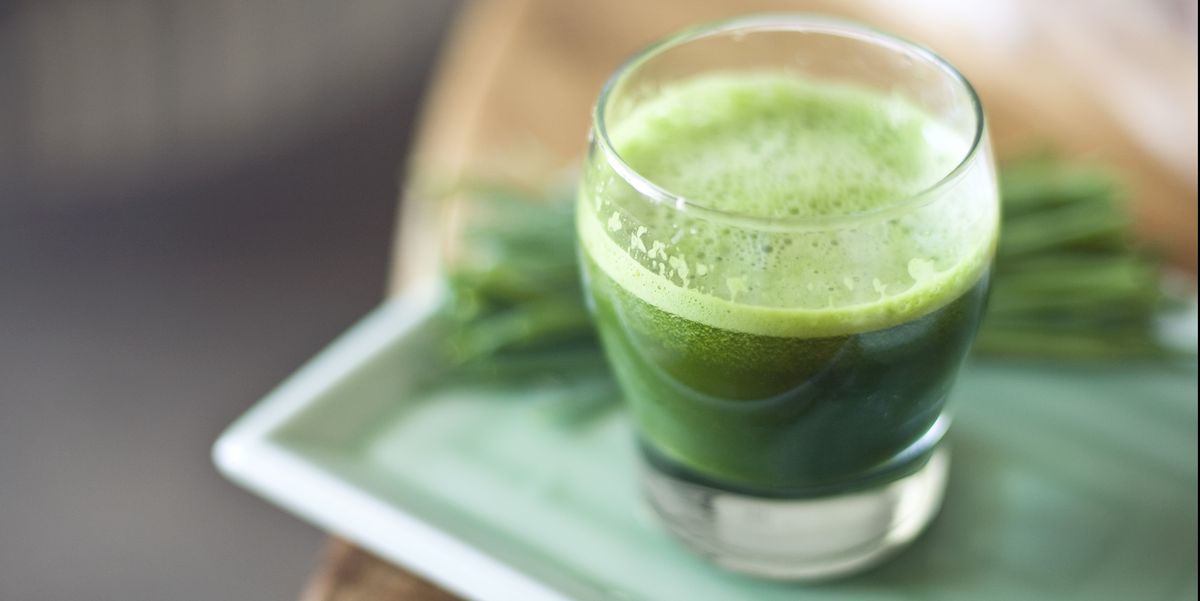
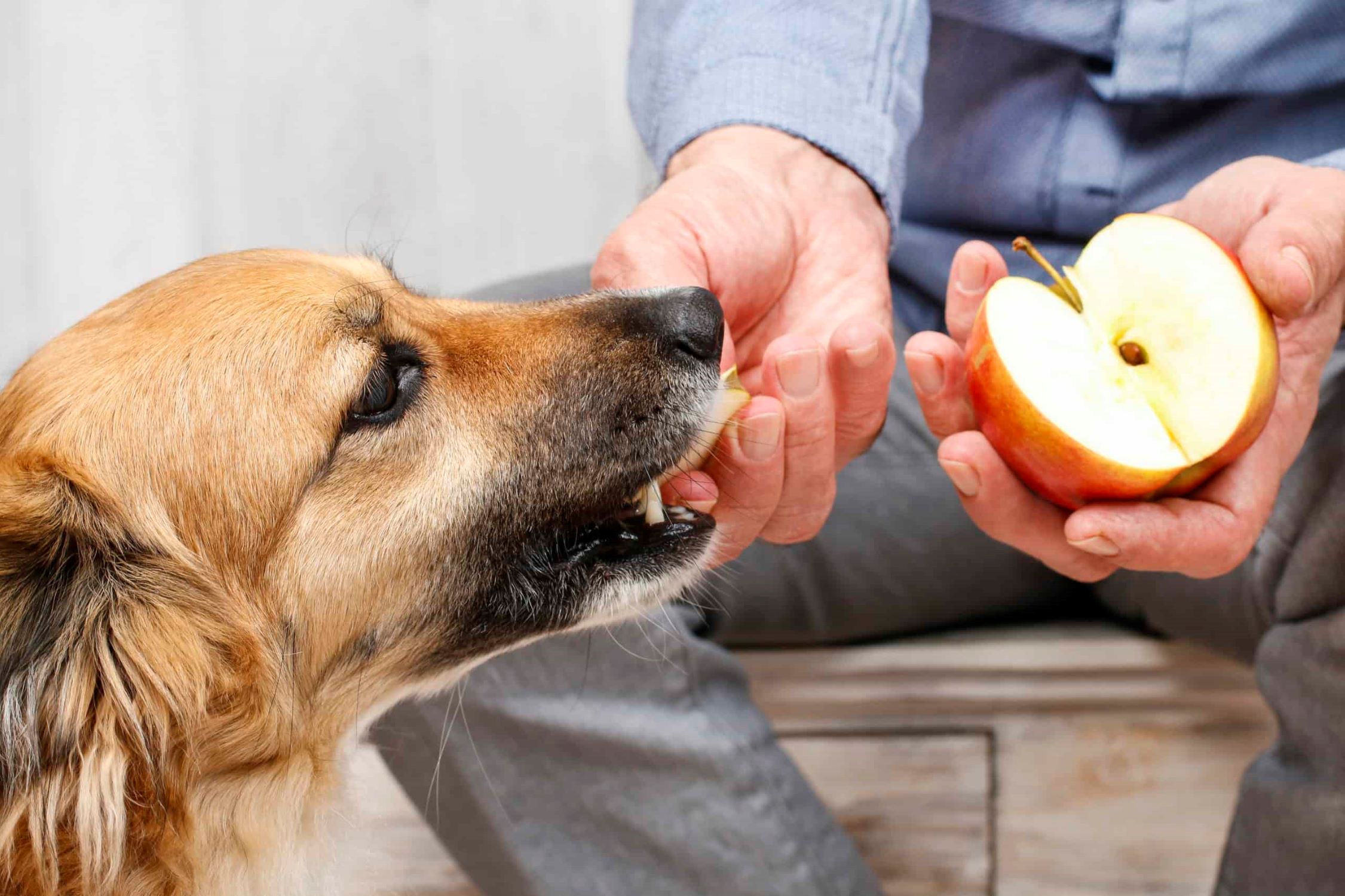
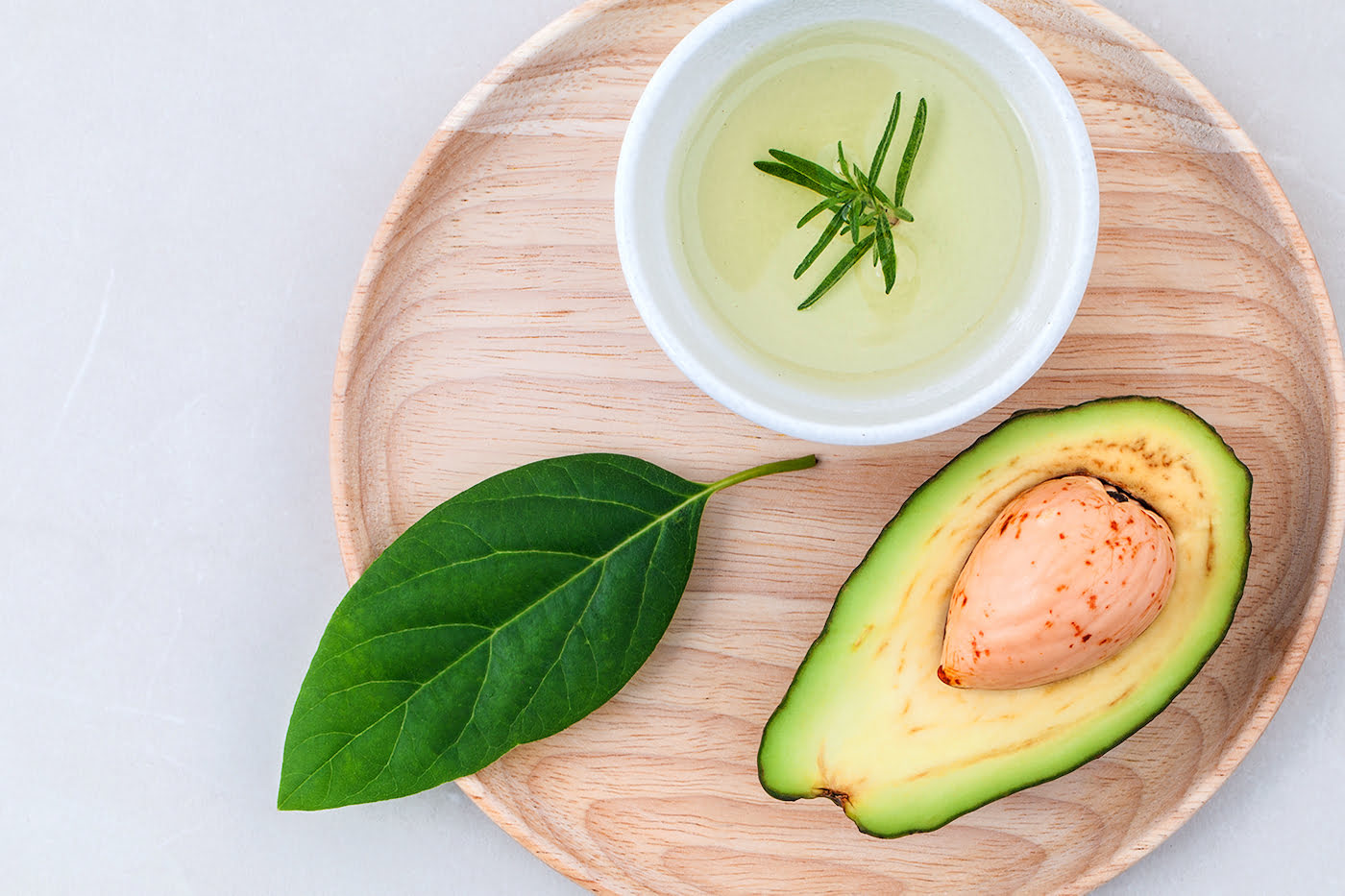
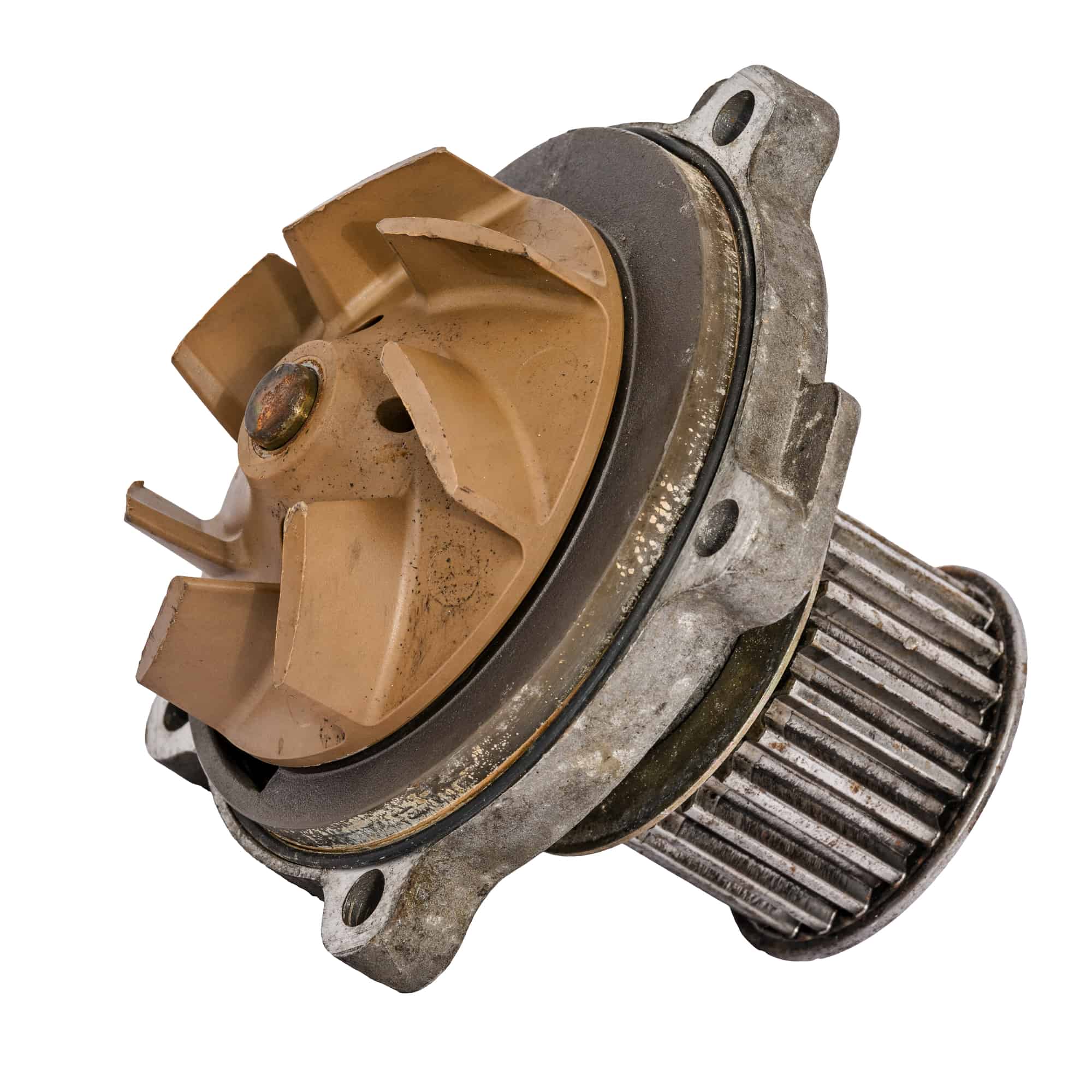
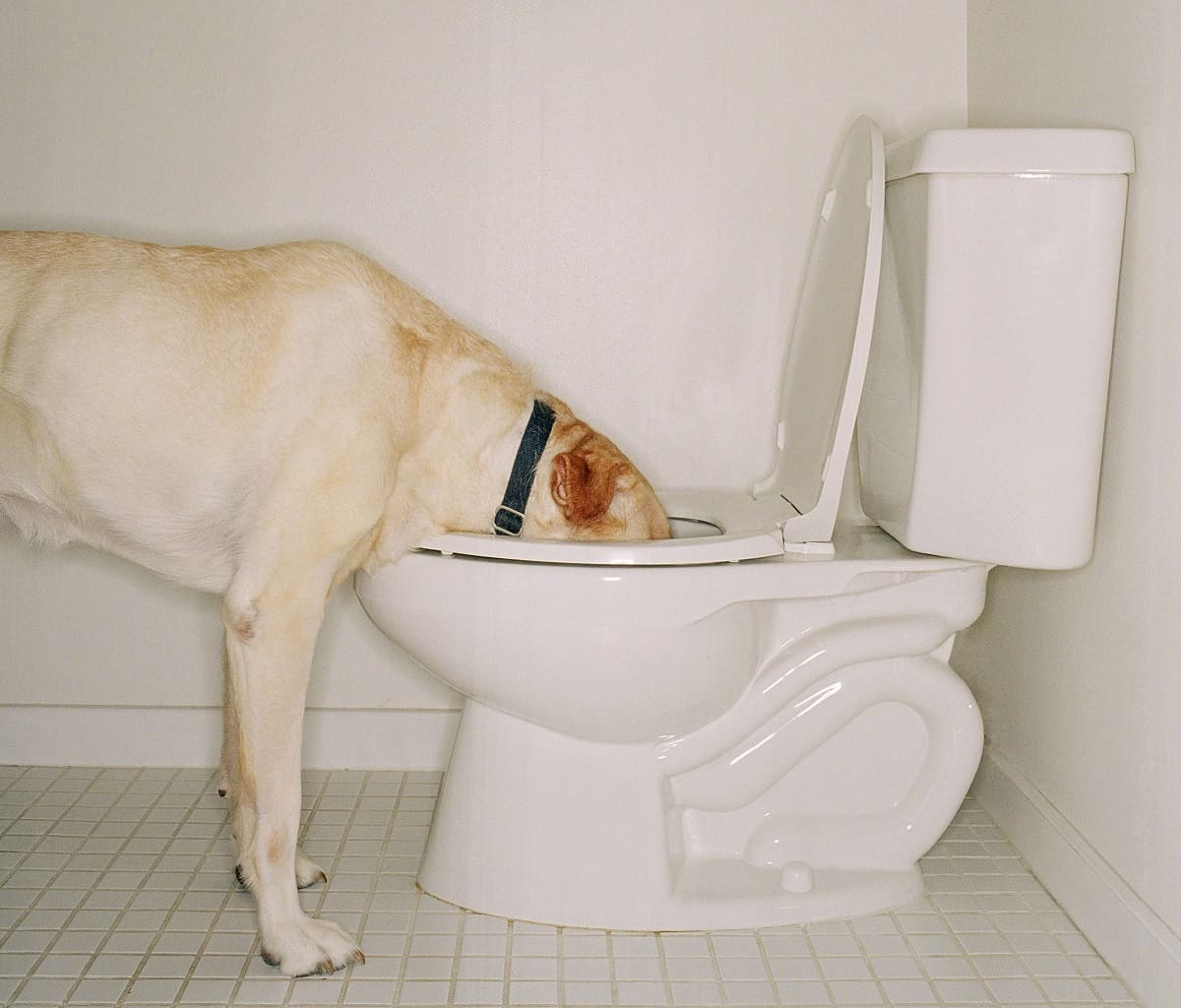
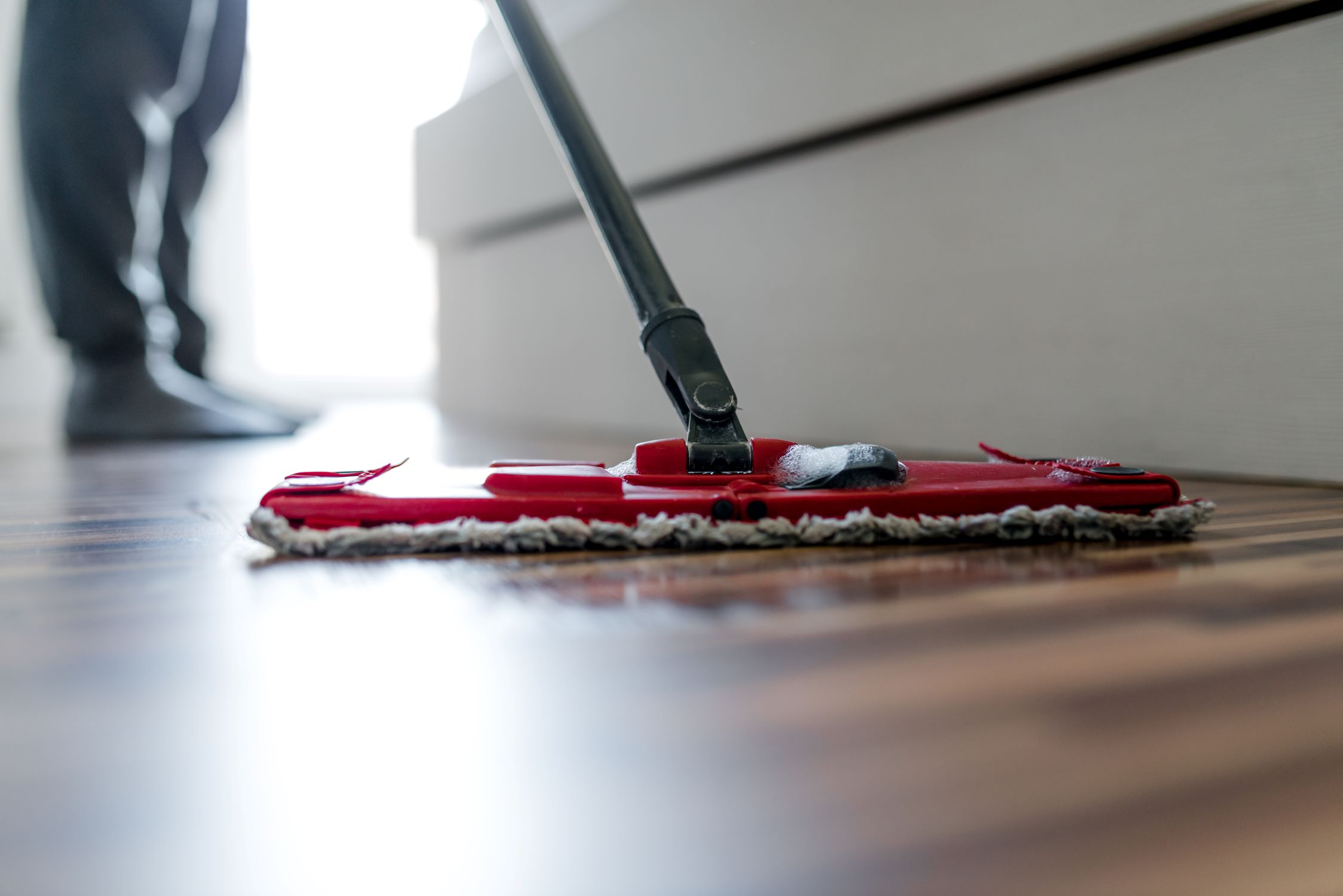
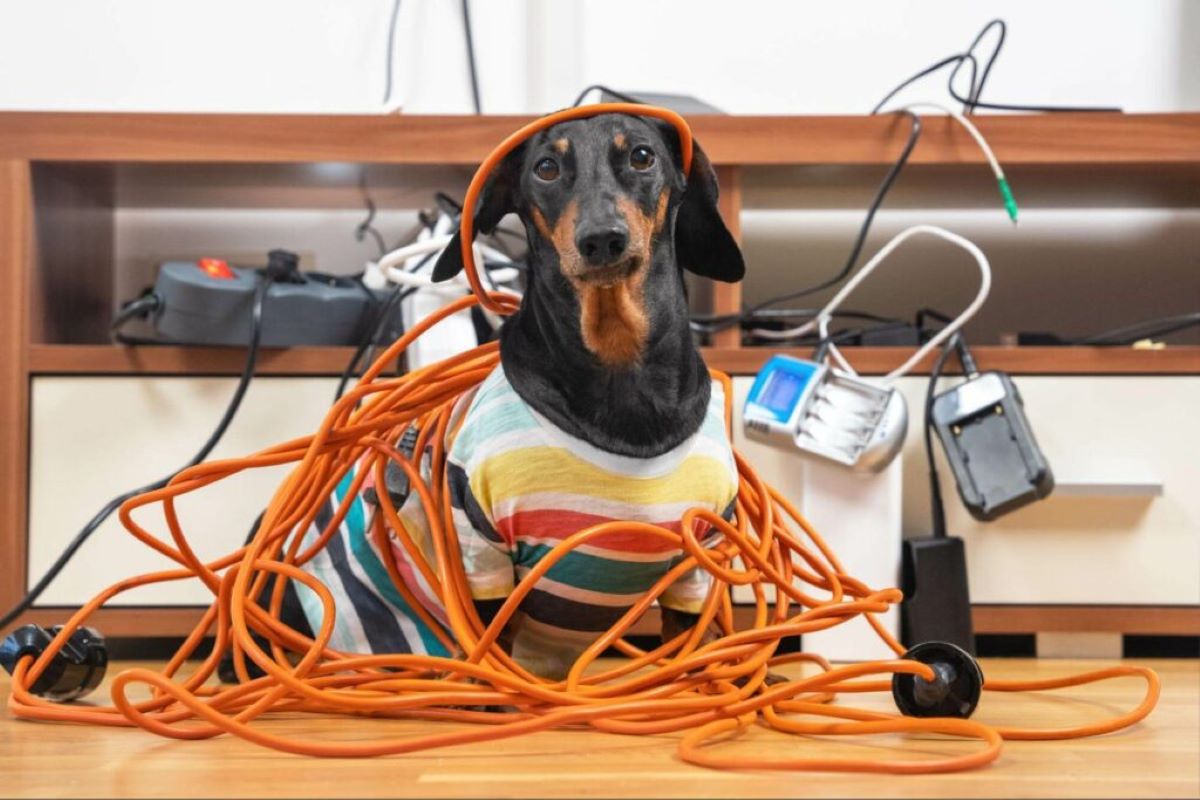
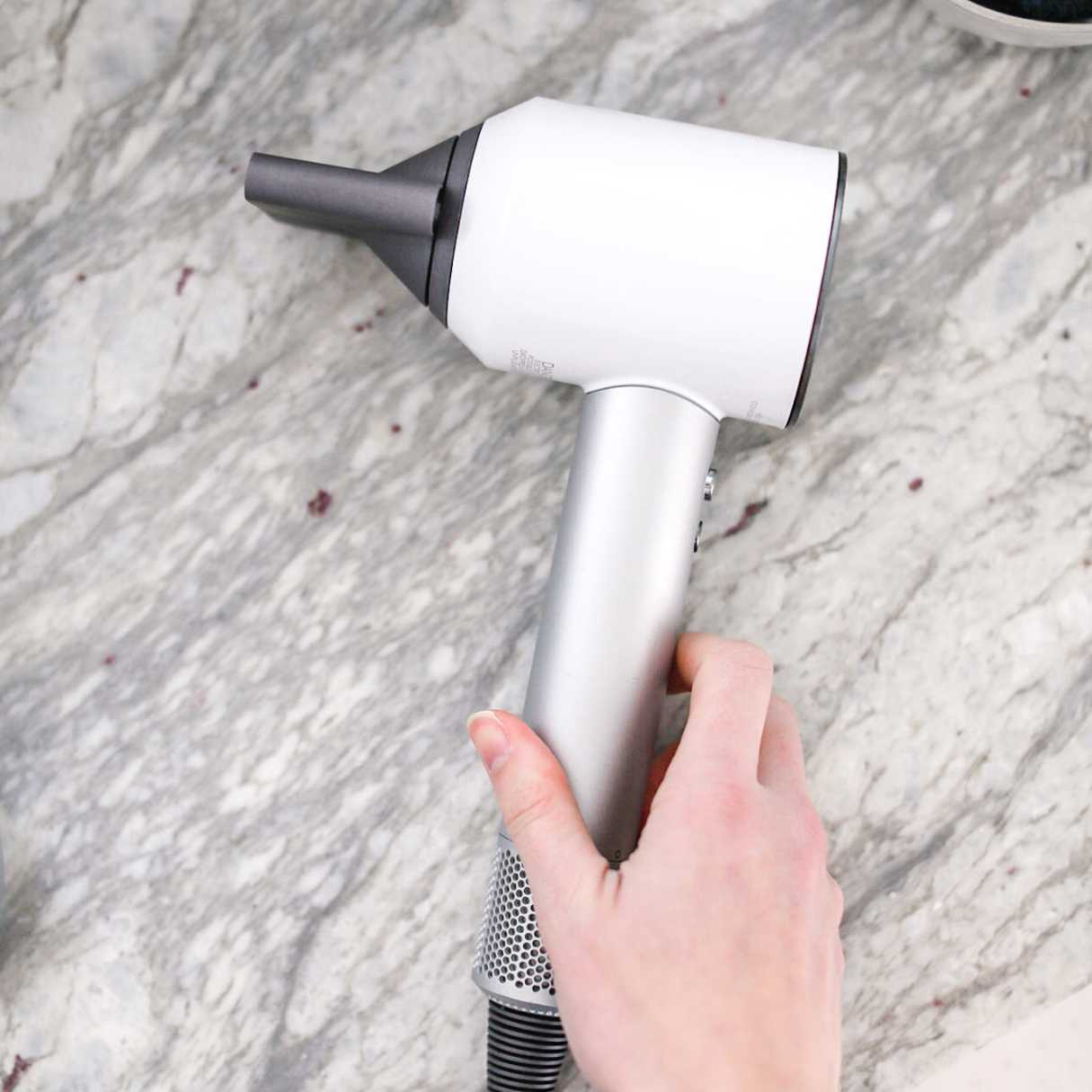
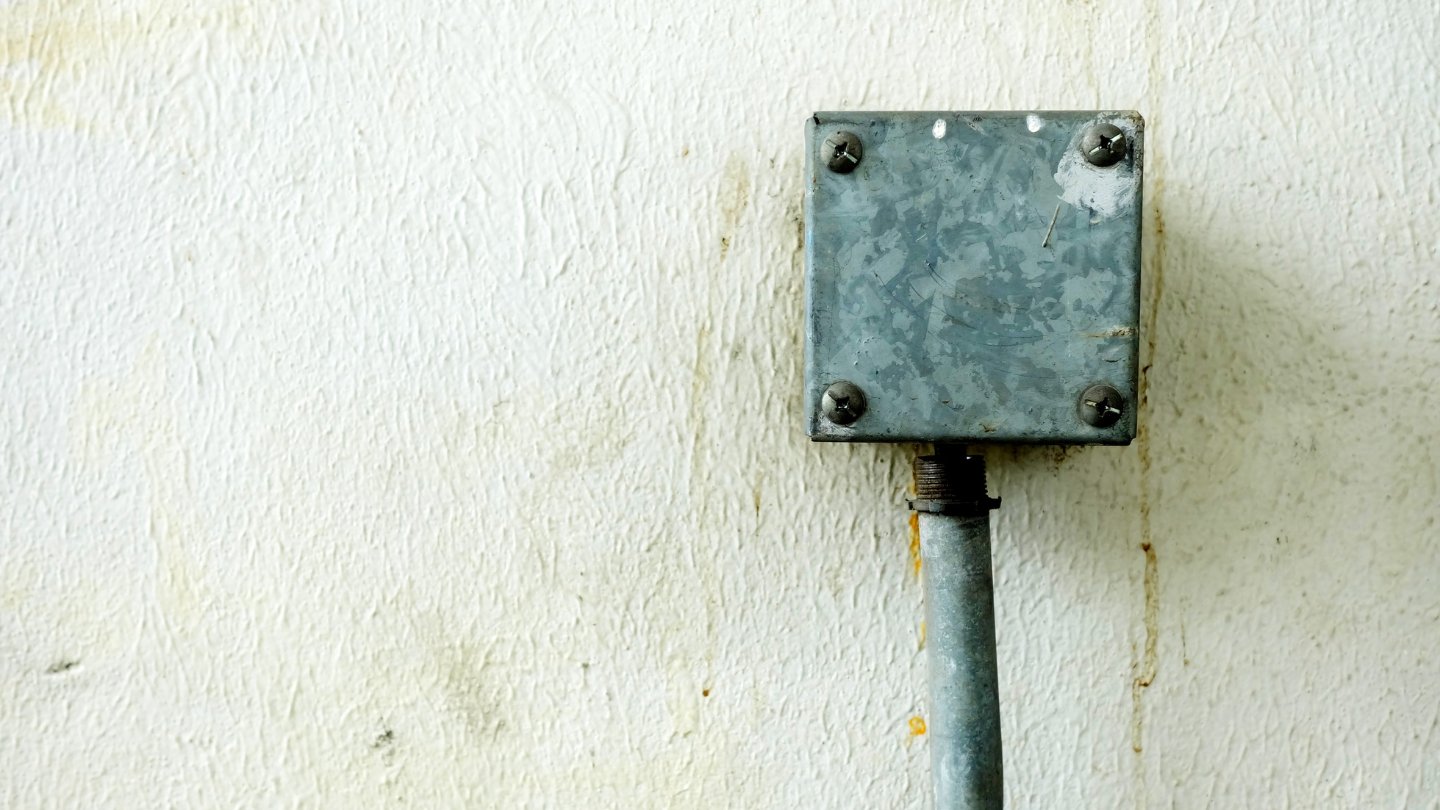
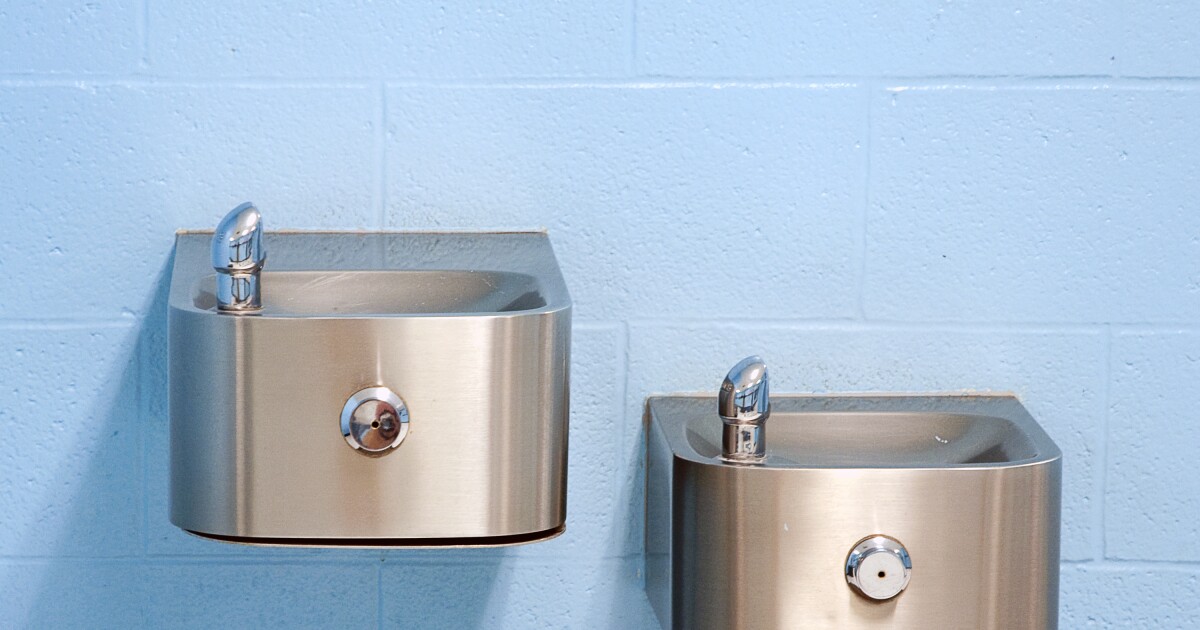
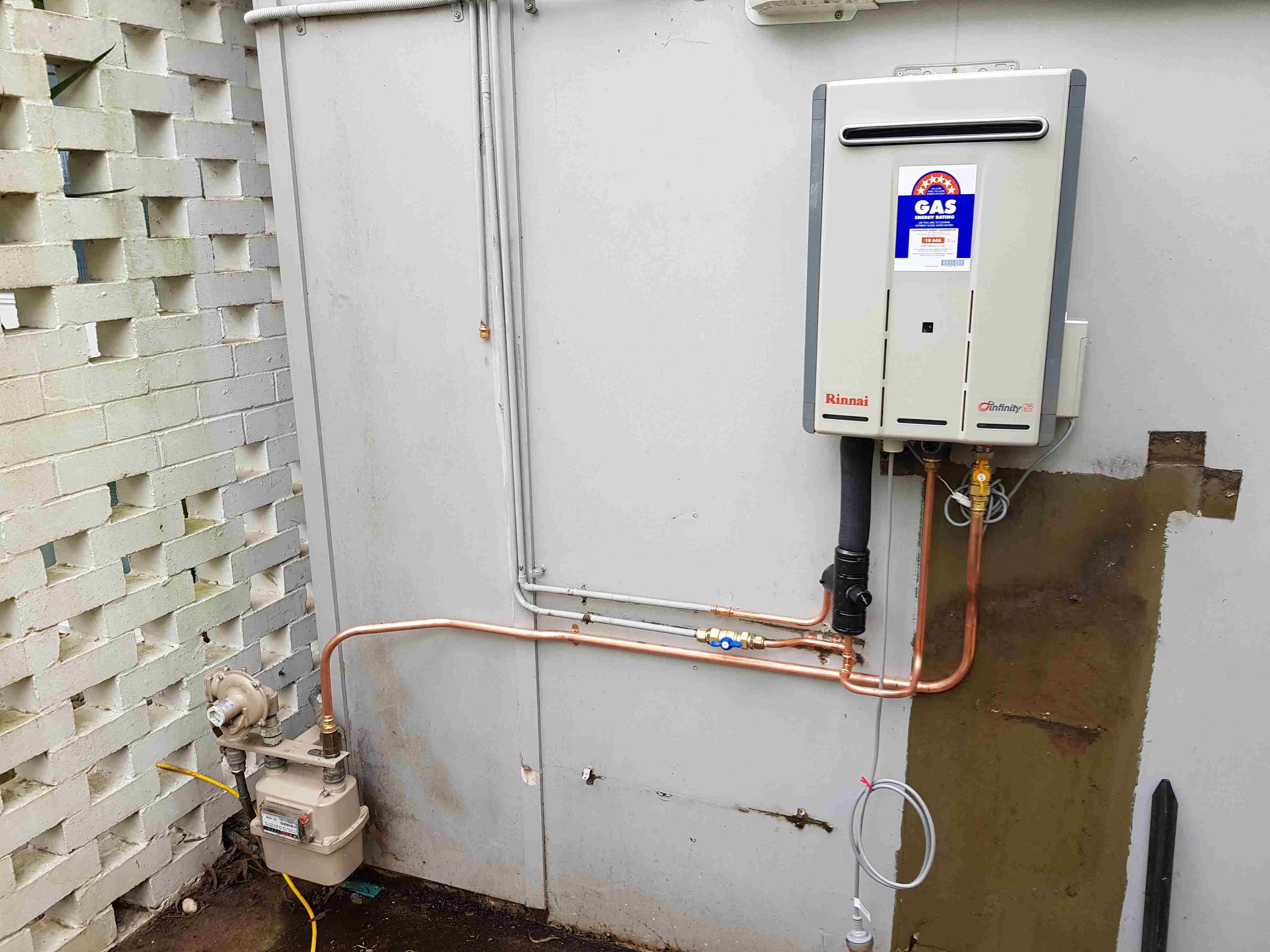
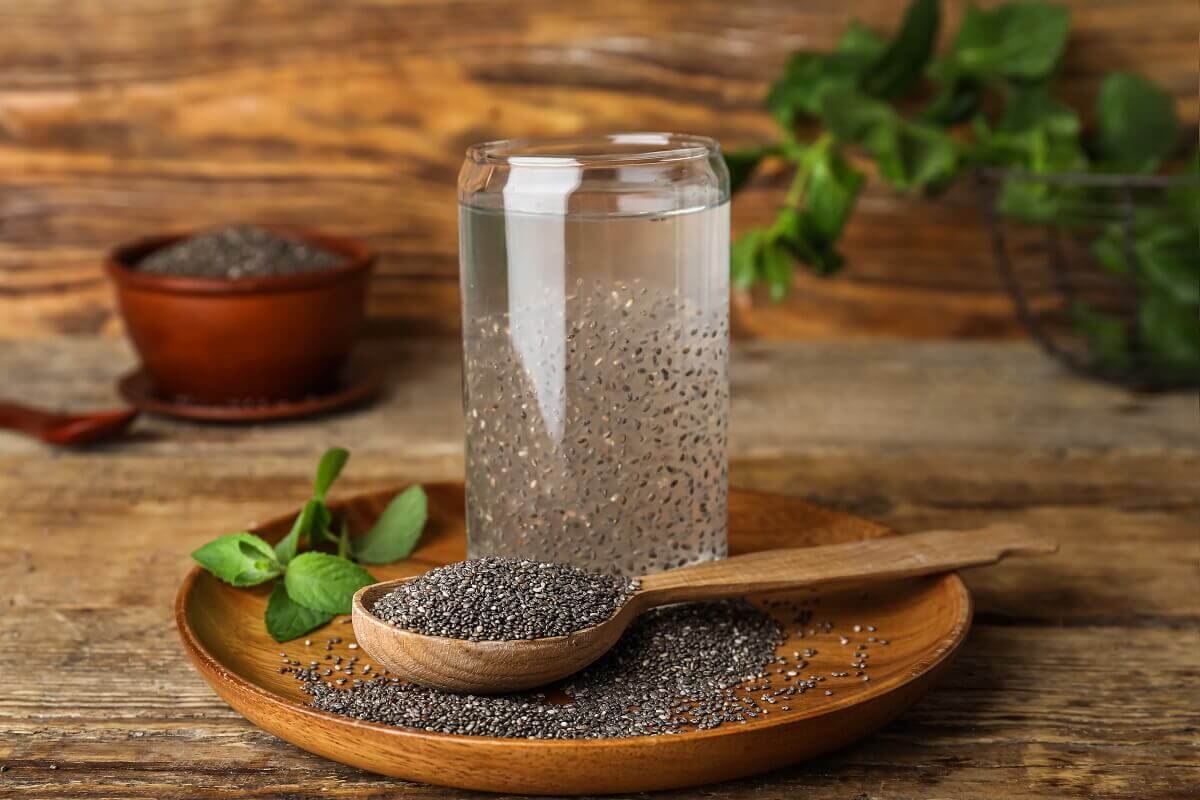
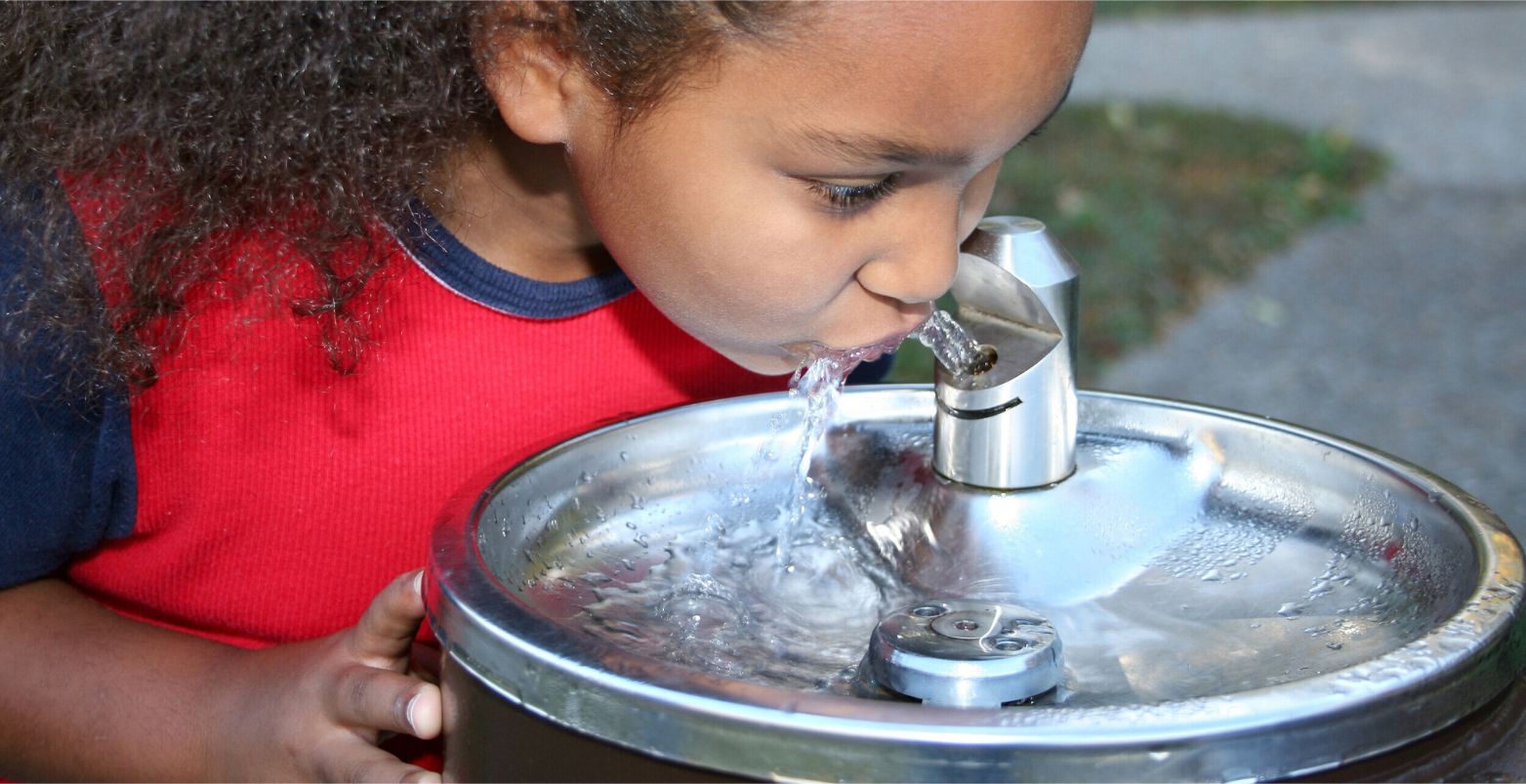
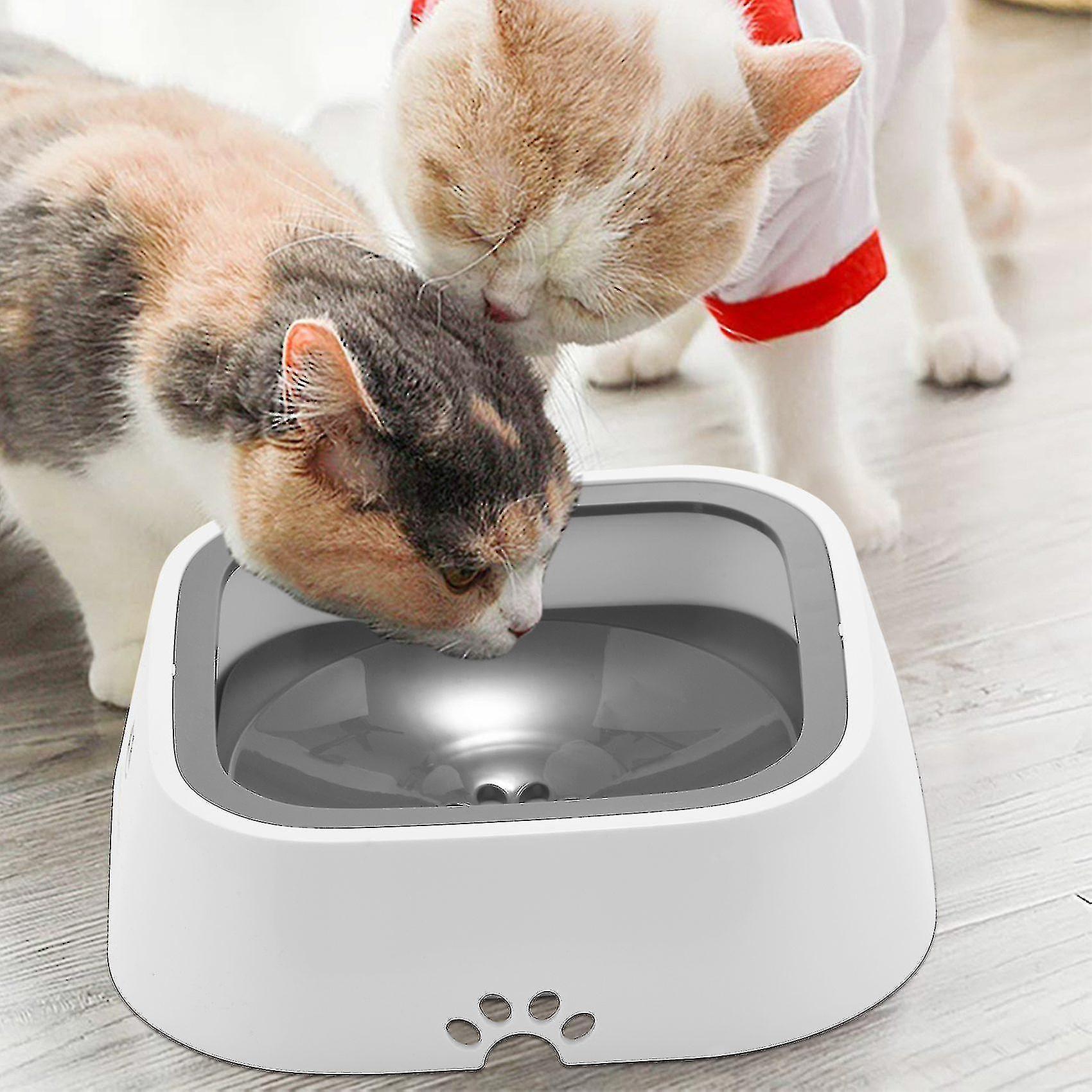

0 thoughts on “What Happens If A Dog Drinks Mop Water”